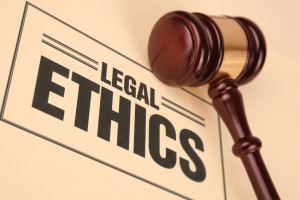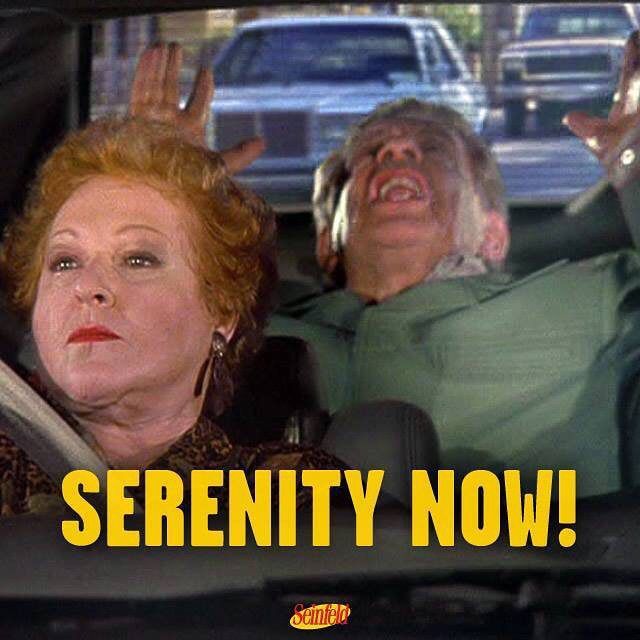Welcome to Monday!
Friday’s questions are here. The answers follow today’s Honor Roll.
Honor Roll
- Karen Allen, Karen Allen Law
- Matthew Anderson, Pratt Vreeland Kennelly & White
- Evan Barquist, Montroll Backus & Oettinger
- Alberto Bernabe, Professor, John Marshall Law School
- Andrew Delaney, Martin, Delaney & Ricci Law Group
- Erin Gilmore, Ryan Smith & Carbine
- Robert Grundstein
- Benjamin Gould, Paul Frank + Collins
- GlennJarrett, Jarrett & Lutjens
- Jeanne Kennedy, JB Kennedy Associates, Blogger’s Mom
- John Leddy, McNeil, Leddy & Sheahan
- Jordana Levine, Marsicovetere & Levine
- Kevin Lumpkin, Sheehey Furlong & Behm
- Jack McCullough, Project Director, Vermont Legal Aid Mental Health Law Project
- Jeffrey Messina, Bergeron Paradis Fitzpatrick
- Hal Miller, First American
- Jonathan Teller-Elsberg, Hershenson, Carter, Scott & McGee
- Honorable John Valente, Vermont Superior Judge
- Thomas Wilkinson, Cozen O’Connor
Answers
Question 1
Lawyer called me with an inquiry. I responded: “the rule only applies to communications about the subject matter of the representation.”
Given my response, it’s most likely that Lawyer called to discuss a communication with _______:
- A. a reporter.
- B. a person represented by another lawyer
- C. an unrepresented person.
- D. the public (an advertisement)
V.R.Pr.C. 4.2 prohibits a lawyer from communicating on the subject matter of the representation with a person that the lawyer knows or reasonably should know is represented. Over at The Law for Lawyers Today, Karen Rubin recently posted No DQ for contacting represented party on a different subject, district court says.
Question 2
Having caught up on your latest binge, you unmuted the CLE I was doing via Zoom to hear me say something like: “generally, the rules break them into 3 groups: current, former, and prospective.”
Groups of what?
Clients for the purposes of analyzing conflicts. See, V.R.Pr.C. 1.7 (current), V.R.P.C. 1.9 (former), and V.R.Pr.C. 1.18 (prospective).
Question 3
Which is associated with a different rule than the others?
- A. continued representation will result in a violation of the rules.
- B. disclosure is impliedly authorized to carry out the representation.
- C. the client has made allegations concerning the services provided by the lawyer.
- D. the lawyer reasonably believes that the client will commit a criminal act that is likely to result in the death of or substantial bodily harm to someone other than the client.
“A” appears in Rule 1.16 and requires withdrawal from representation. V.R.Pr.C. 1.16(a)(1). B, C, and D each appear in Rule 1.6 and permit (B & C) or require (D) a lawyer to disclose otherwise confidential information relating to the representation of a client.
Question 4
V.R.Pr.C. 4.4(b) requires a lawyer who receives a document relating to the representation, that the lawyer knows or reasonably should know was inadvertently sent, to promptly notify the sender.
The rule is not the end of the receiving lawyer’s professional obligations.
What is the most likely source of additional obligations?
- A. the rule that requires lawyers to report misconduct by other lawyers.
- B. the rule that prohibits ex parte communications.
- C. the rules on conflicts of interest.
- D. the rules of civil procedure.
This blog post highlights the additional obligations that arise under the rules of civil procedure.
Question 5
Tom Girardi is famous trial attorney from California who founded the firm Girardi Keese. He is married to one of the stars of The Real Housewives of Beverly Hills. Girardi, his wife, and his firm are defendants in a lawsuit that alleges that Girardi embezzled millions in client funds from trust to fund his celebrity lifestyle.
Earlier this week, a federal judge froze Girardi’s and the firm’s assets after finding both in contempt for failing to account for $2 million in client funds. During the hearing, and as reported by The ABA Journal, the judge said:
“This isn’t that difficult: You learned in law school, we all did, in Ethics 101, that when you get money that belongs to a client you put it in an escrow fund and you don’t touch it. No matter what your personal financial situation is, no matter what kind of pressures you’re under, if you touch client money you’re going to be disbarred and quite possibly charged criminally.”
Before now, you might not have heard of Girardi. However, if you’re a movie fan, you’ve likely heard of a legal clerk that his firm helped to secure a $355 million dollar settlement in a class action against Pacific Gas & Electric that involved contaminated drinking water.
Name the legal clerk.
Erin Brockovich










